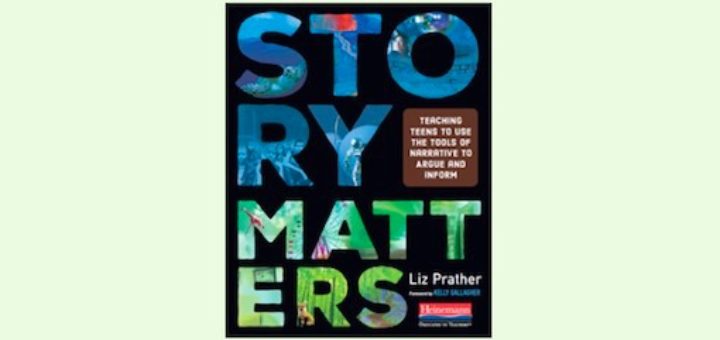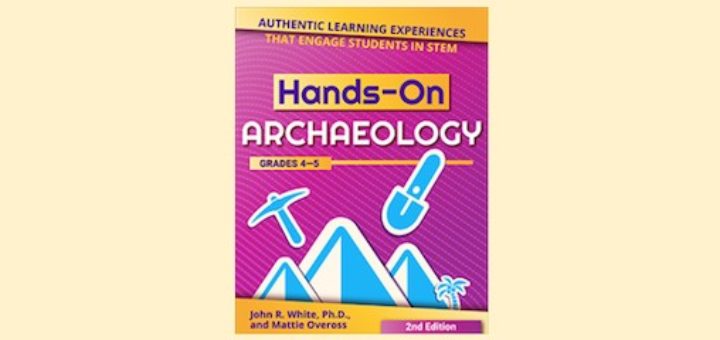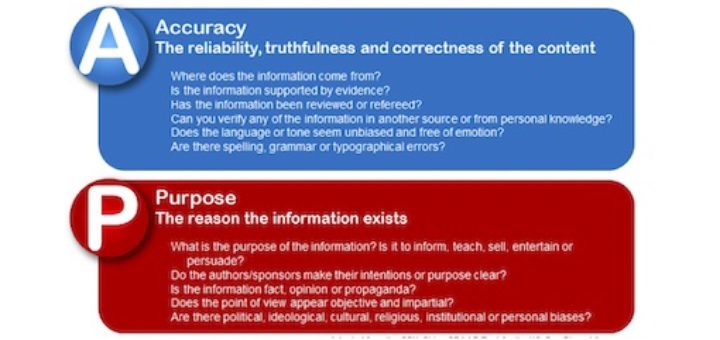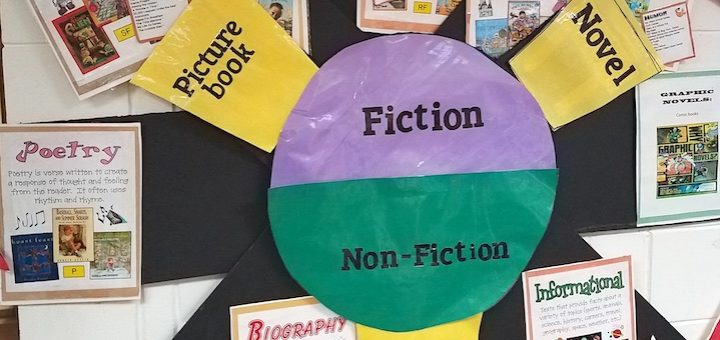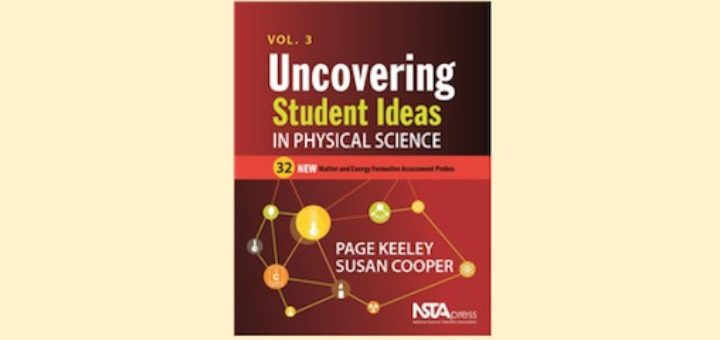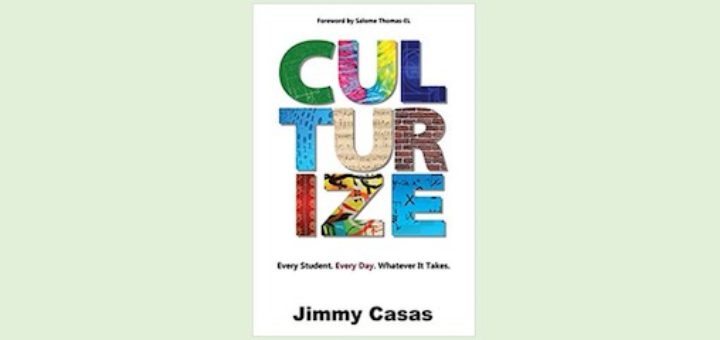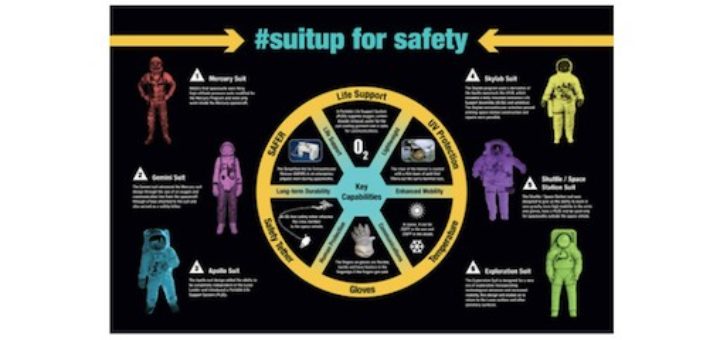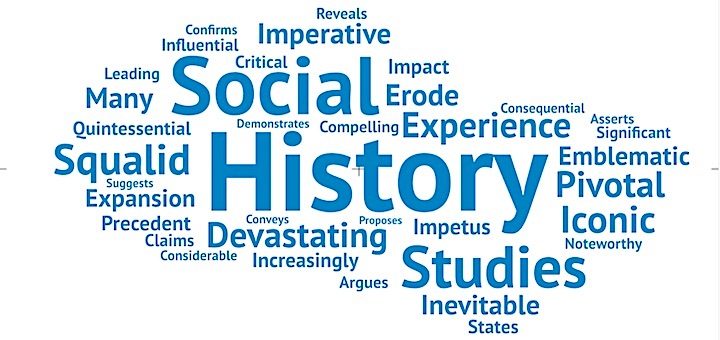Teaching and learning in grades 4-8
If we want students to be better writers and communicators, we need to teach them real world writing. Liz Prather’s Story Matters is exactly the guide teachers need to blend narrative, argumentative and information writing, says English/history teacher Michelle Voelker.
Help middle graders connect past and present using the easy-to-understand lessons in Hands-On Archaeology. Teacher educator Linda Biondi says the authors show us how giving kids opportunities to ‘dig’ in and out of class can build team skills and cross-curricular learning.
As we move into the 2020 presidential election, questioning what we read and hear is paramount. In the fake news era, are students learning how to verify what they consume? Media literacy expert Frank Baker doesn’t think so and says it’s up to educators to teach them.
Learning to read hard nonfiction is a life skill, says principal Rita Platt. It allows students to dive deep into content, enriches vocabulary, and can be a jumping-off point for developing lifelong pursuits. Platt shares strategies her school uses to spark interest.
Writing a letter to a politician is about as “civic” an assignment as we can do within our classroom walls, and it feels so relevant in our polarized political climate. After 3 years of tweaking her project, teacher Sarah Cooper shares tips to boost the response rate.
Students need more writing support than we can possibly offer them, writes literacy consultant Lynne R. Dorfman. Peer conferences are a safe, supportive structure that will help writers grow in their problem-solving capacity while experiencing the joy of collaboration.
These 32 formative assessment probes, designed by leading authority Page Keeley, are carefully chosen, researched, worded and explained to give students a strong understanding of key underlying concepts in physical science, writes science educator Dr. Laura Von Staden.
Jimmy Casas’ book Culturize shows how educators can positively impact their school culture and climate by making student needs the top priority. We can all help, writes teacher and aspiring school leader Reid Heller, by putting the book’s principles to work.
While infographics can be engaging, students may not access the content in a way that leads to deeper understanding. Using NASA images, literacy consultant Sunday Cummins shares four ways to help readers create pathways for sticky learning from this type of resource.
“Imperative means the same thing as important, so why can’t we just say important?” asked Adele, a student in Lauren Brown’s US history class. How do we help kids learn the academic vocabulary they need to enrich writing and deepen understanding? Brown means to find out.

